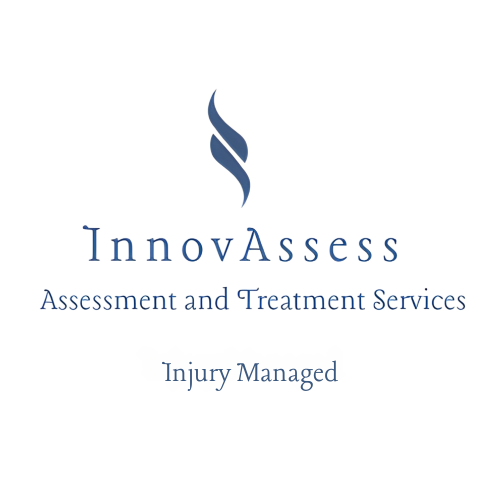The Importance of Ongoing Care
After being involved in a car accident, it's essential to maintain ongoing contact with your general practitioner (GP) to ensure your physical and psychological injuries are properly addressed. Your GP plays a critical role in monitoring your progress, adjusting treatment plans, and providing information needed for navigating your claim.
Why Ongoing Contact is Crucial
Regular check-ins with your GP can help:
Monitor symptoms: Your GP can track changes in your symptoms, adjusting treatment plans to ensure you're receiving the best possible care.
Address psychological impacts: Car accidents can have a significant emotional toll. Your GP can provide support, referrals to mental health professionals, or recommend coping strategies to manage anxiety, depression, or PTSD.
Manage chronic conditions: If you have pre-existing conditions, your GP can help manage these in conjunction with your accident-related injuries.
Provide referrals: Your GP can refer you to specialists, such as physiotherapists, occupational therapists, or psychologists, to ensure you receive comprehensive care.
What to Expect from Ongoing Contact with Your GP During your appointments, your GP will:
Assess your symptoms: Your GP will evaluate your physical and psychological symptoms, adjusting treatment plans as needed.
Provide guidance: Your GP can offer advice on managing your symptoms and returning to work or daily activities.
Refer you to specialists: If necessary, your GP can refer you to specialists who can provide targeted support and treatment.
Monitor your progress: Your GP will track your progress, making adjustments to your treatment plan to ensure you're receiving the best possible care.
Take Control of Your Recovery
By maintaining ongoing contact with your GP, you can ensure your physical and psychological injuries are properly addressed. Don't hesitate to reach out to your GP with questions or concerns – they're there to support you throughout your recovery journey.
